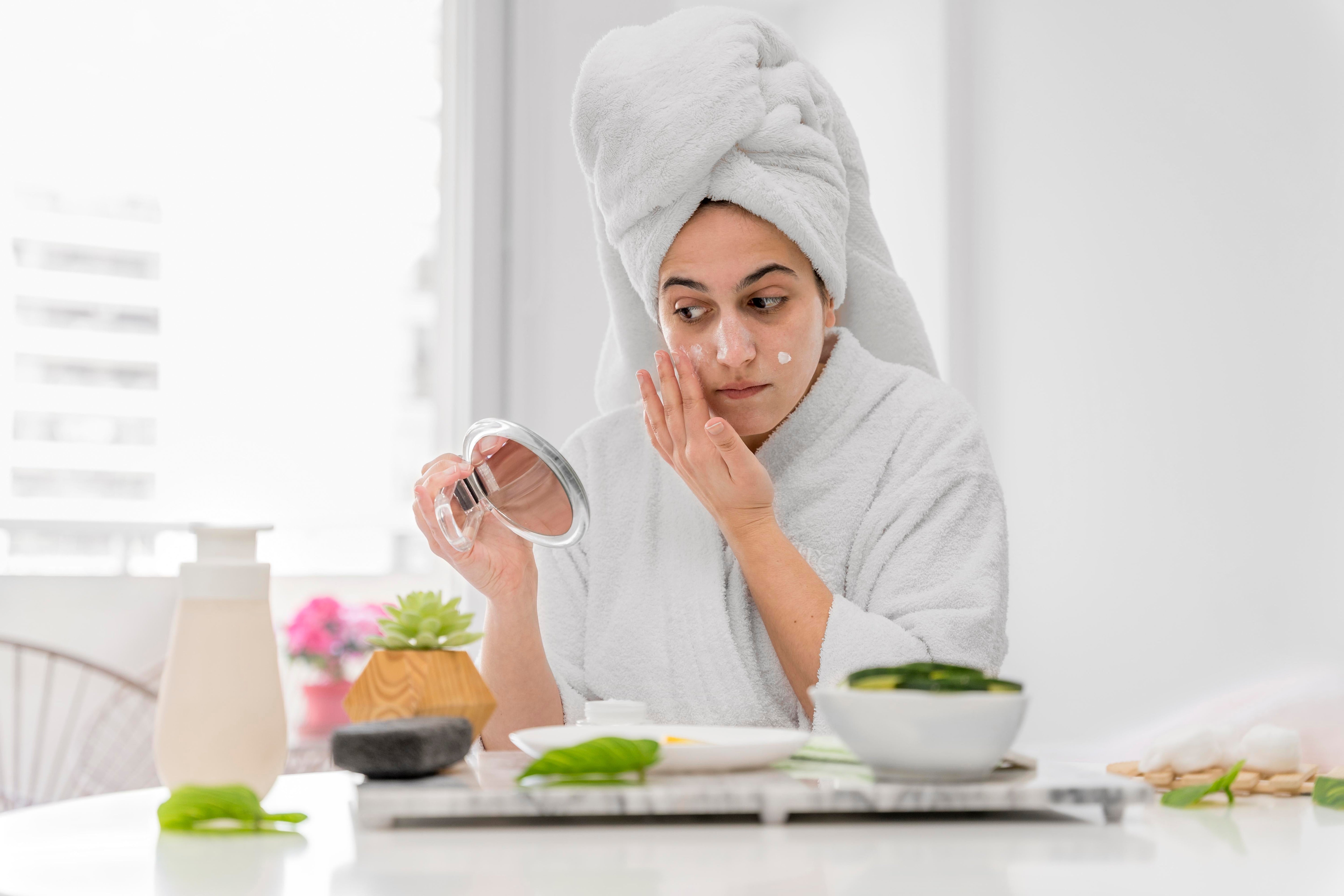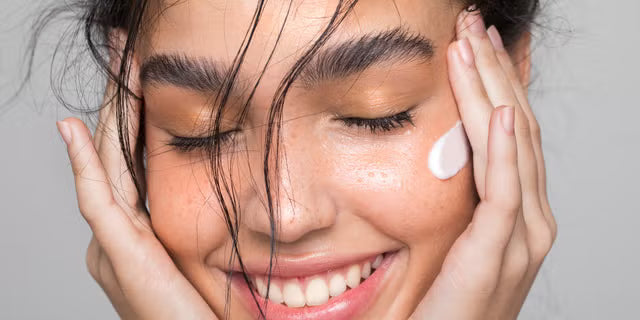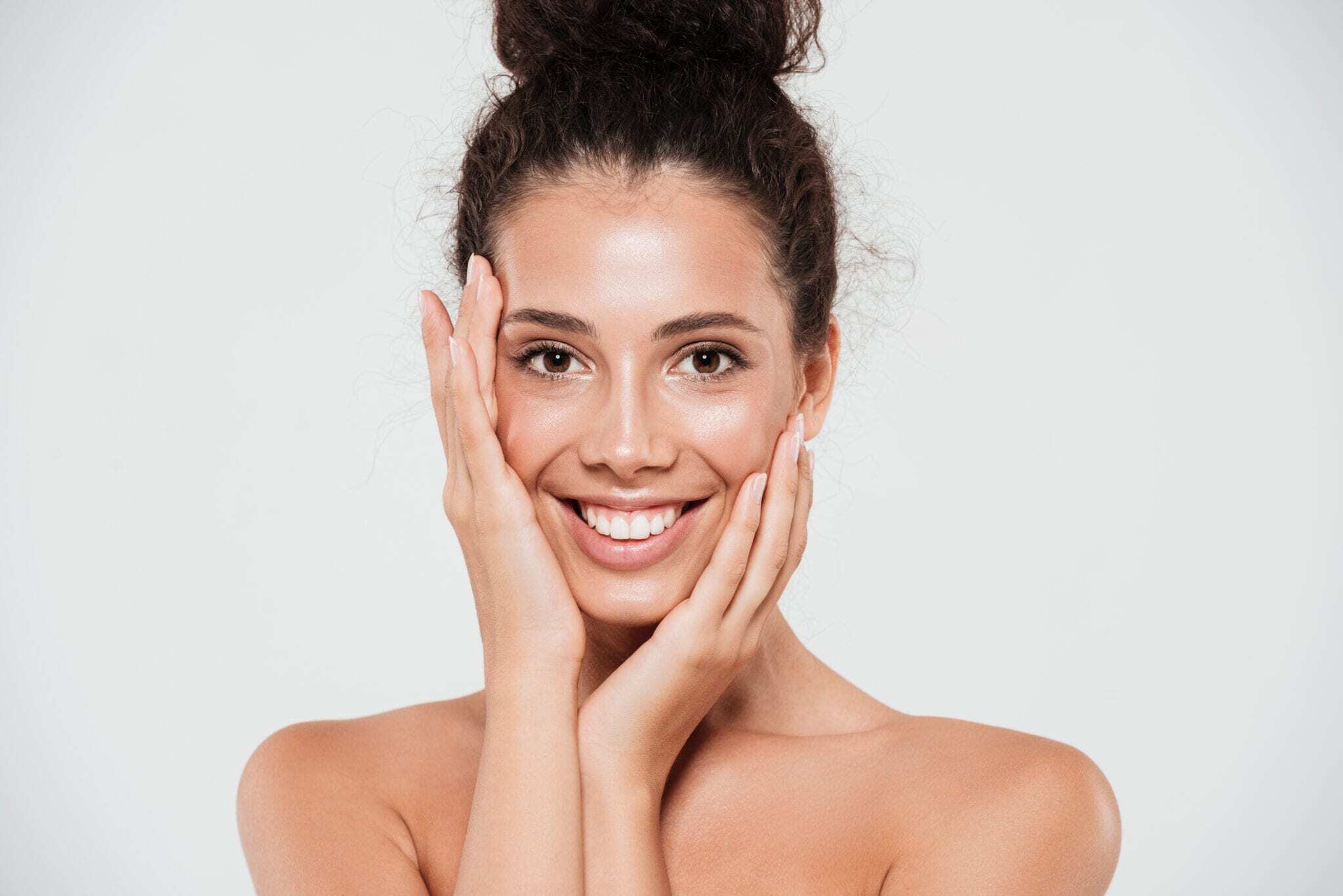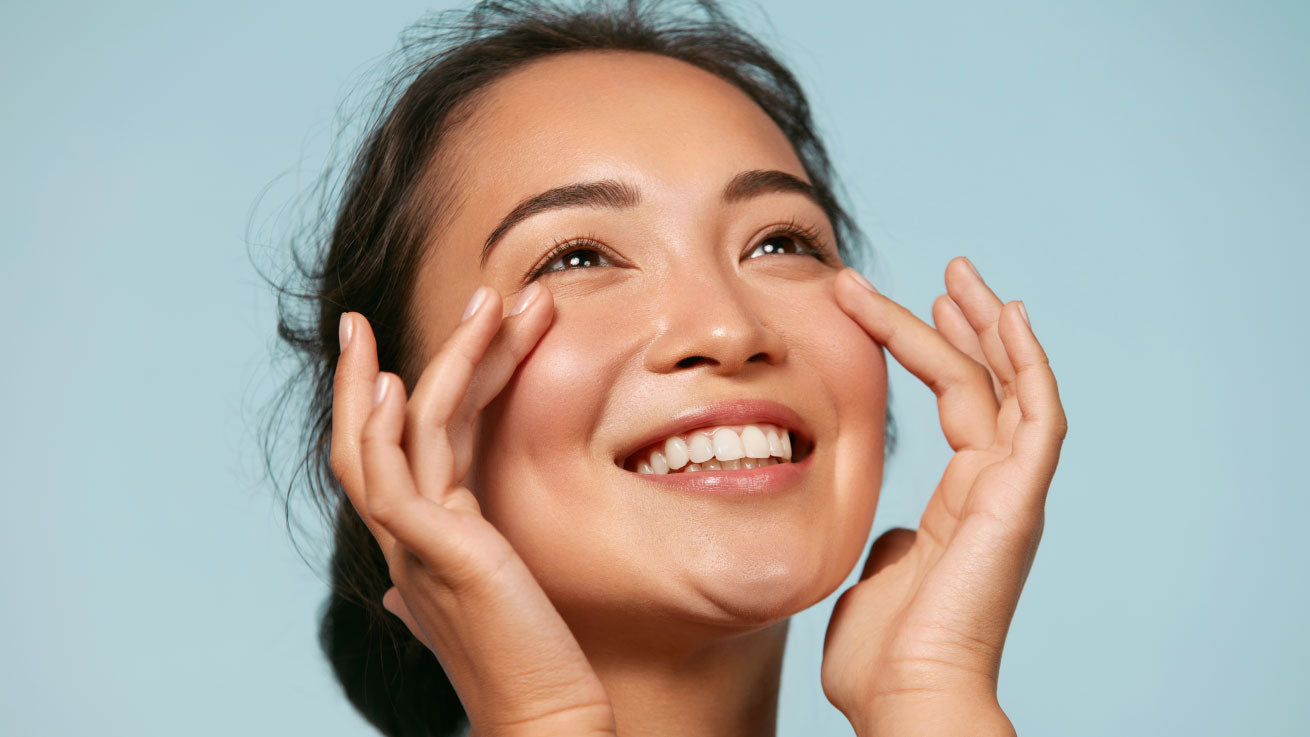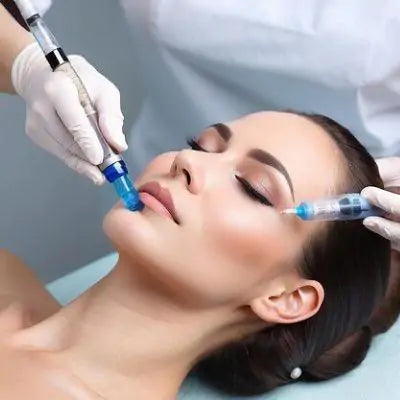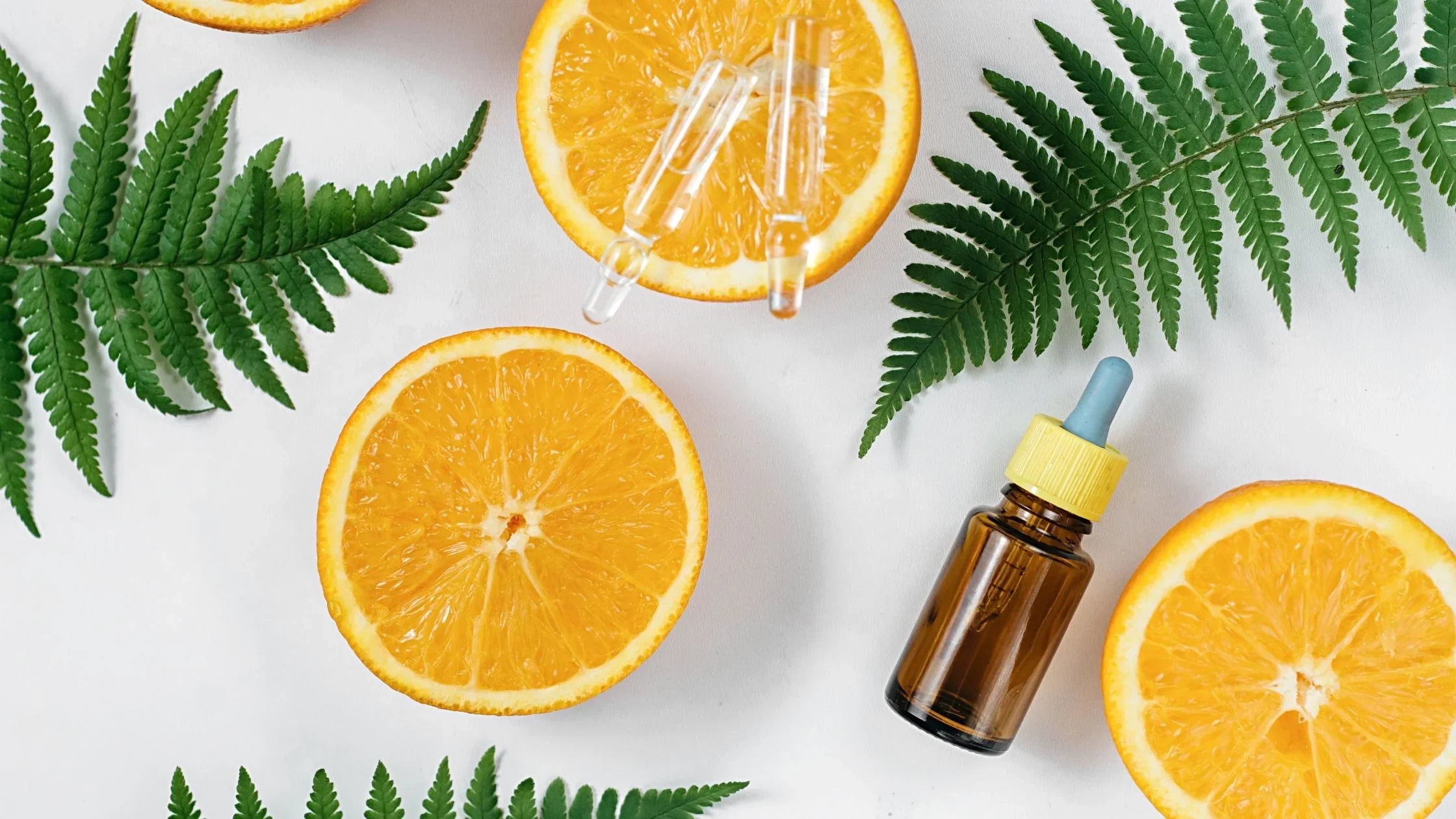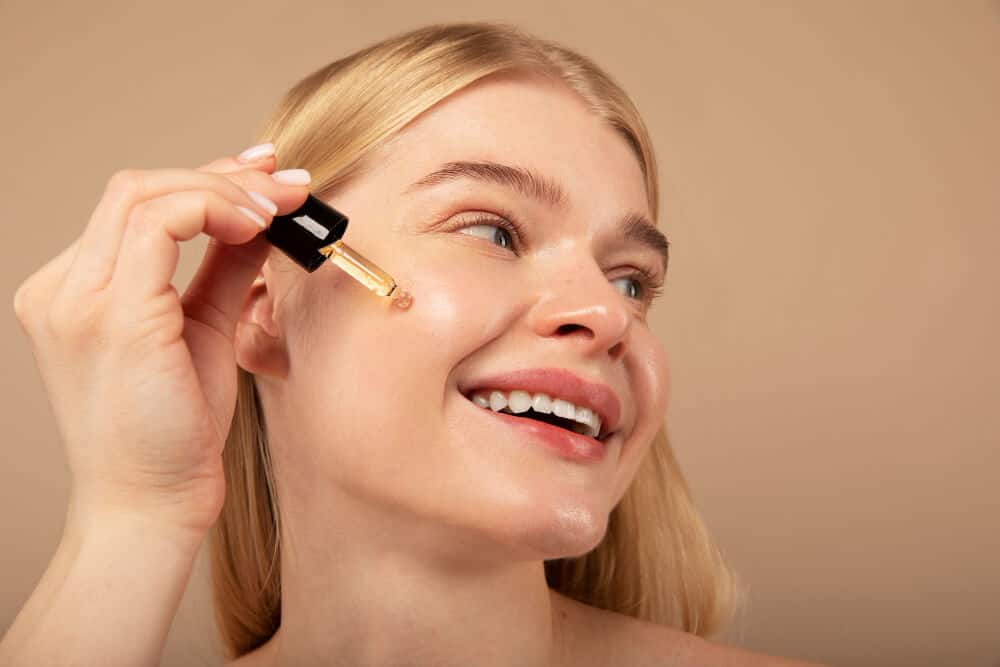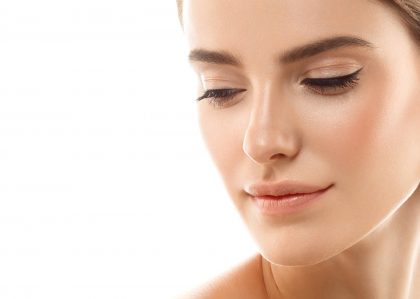
How Sunscreen Protects Your Skin from Pollution
How Sunscreen Protects Your Skin from Pollution - Nowadays, pollution is more than just an environmental issue; it has become one of the major threats to your skin. Harmful pollutants damage your skin, causing several skin problems, including pigmentation, inflammation, and premature aging. Using sunscreen can help you protect your skin from both pollution and sun damage. Here, we will provide you with everything you need to know about How Sunscreen Protects Your Skin from Pollution. Stay tuned to learn more details.
What Is the Link Between Pollution and Skin Damage?
Pollution and skin damage are connected in various ways, which include the following:
- Generation of free radicals
- Triggering of inflammation
- Weakening of the skin's barrier
These can cause several skin concerns, such as wrinkles, fine lines, discoloration, and even skin cancer. There are several common air pollutants that can negatively impact skin health, causing problems such as premature aging, pigmentation, etc. These pollutants include:
- PM2.5
- Ozone
- Nitrogen dioxide
- Volatile organic compounds (VOCs)
- Polycyclic aromatic hydrocarbons (PAHs)
Through excessive pollution, urban environments can affect your skin, which can accelerate aging, damage skin cells, and trigger inflammation. Harmful particles can penetrate the skin, which can lead to fine lines, wrinkles, and other signs of early aging.
How Sunscreen Protects Your Skin from Pollution?
Sunscreen provides primary protection against the damaging effects of pollution by effectively protecting your skin from both harmful UV rays and oxidative stress that can be caused by harmful pollutants. Sunscreen can help reduce the effects of environmental stressors, which include the following:
-
Protects Against UV Rays: A broad-spectrum sunscreen can help to protect your skin from both UVA & UVB rays, preventing premature aging and sunburns.
-
Reduces Oxidative Stress: Oxidative stress can be increased by UV radiation, which can damage the skin, and can be accelerated by pollution.
-
Antioxidant Properties: Sunscreens with key ingredients such as vitamin C and astaxanthin can help to effectively neutralize free radicals and protect from both UV radiation and pollution.
-
Forming a Physical Barrier: Sunscreens containing ingredients such as zinc oxide and titanium dioxide make a physical barrier that helps to reflect UV rays and prevent pollutants from penetrating into the skin.
- Combats Free Radicals: Sunscreens that are specifically designed to address free radicals help to prevent skin damage and premature aging.
Can Sunscreen Protect Against Pollution Too?
Yes, a broad-spectrum sunscreen can help form a barrier against the harmful pollutants, which typically prevents pollutants from penetrating into the skin and reduces the effects of pollutants. Traditional sunscreens effectively shield skin from harmful UV rays but do not offer significant protection against pollution; however, anti-pollution sunscreens are designed specifically to create a barrier that prevents pollutants from penetrating into the skin, causing damage. Modern sunscreens are formulated to neutralize damage from pollution by adding ingredients that prevent free radicals and elevate the natural defense of the skin.
What Ingredients in Sunscreen Help Fight Pollution?
When choosing a sunscreen, you should look for several key ingredients that help fight pollution. Some of these ingredients include the following:
-
Antioxidants: Antioxidants such as vitamin C and astaxanthin can help to effectively neutralize free radicals and minimize the damage caused by pollutants.
-
Mineral Filters: Ingredients such as zinc oxide and titanium dioxide help by forming a physical barrier on the skin that prevents pollutants from penetrating the skin and reflects or absorbs UV rays, preventing sun damage.
- Avoiding Harmful Chemicals: You should avoid ingredients that can be harmful to your skin, such as oxybenzone and octinoxate. It is highly recommended to choose a mineral-based sunscreen.
Why Choose Skya Arabia Sunscreen for Pollution Protection?
Skya Arabia is a renowned brand, known for providing quality and effective skincare and cosmetic products, including sunscreen. At Skya Arabia, we provide broad-spectrum, sweat-resistant, lightweight sunscreen suitable for all skin types that effectively protects your skin from harmful UV rays as well as pollution. Here are some key reasons to choose Skya Arabia sunscreen for pollution protection:
- Broad-spectrum & mineral-based sunscreen
- Dermatologically tested and cruelty-free formulations
- Free from harsh chemicals & non-greasy
- Suitable for all skin types (including dry & sensitive skin)
Conclusion: Is Sunscreen Your Best Defense Against Pollution?
To sum up everything that has been stated so far, the above-given information on the topic “How Sunscreen Protects Your Skin from Pollution” explains why using an effective sunscreen is important to protect your skin from harmful UV rays and pollutants.
Frequently Asked Questions About How Sunscreen Protects Your Skin from Pollution
Question 1. Does sunscreen protect skin from pollution?
Answer. While many sunscreens only protect your skin against UV damage, some formulas, such as Skya Ultra Matte Dry Touch Silicone Sunscreen, offer protection against pollution as well as UV radiation, with quality ingredients such as Titanium Dioxide, Zinc oxide, etc.
Question 2. What ingredients should you look for in a sunscreen?
Answer. You should look for quality ingredients, such as zinc oxide and titanium dioxide, that provide broad-spectrum protection. Also consider antioxidants like vitamins C and E for repairing skin, and ingredients like hyaluronic acid to add hydration to your skin.
Question 3. What ingredients should you avoid in a sunscreen?
Answer. When selecting a sunscreen, you should avoid ingredients such as oxybenzone, octinoxate, homosalate, octocrylene, and retinyl palmitate. It is also recommended to avoid fragrances and parabens, as they may cause irritation and allergic reactions.
Question 4. What are the key benefits of using a sunscreen?
Answer. Sunscreen provides several benefits, such as protecting your skin from harmful UV rays, reducing the risk of skin cancer, preventing sunburn, and reducing the signs of premature aging, like wrinkles and fine lines.

